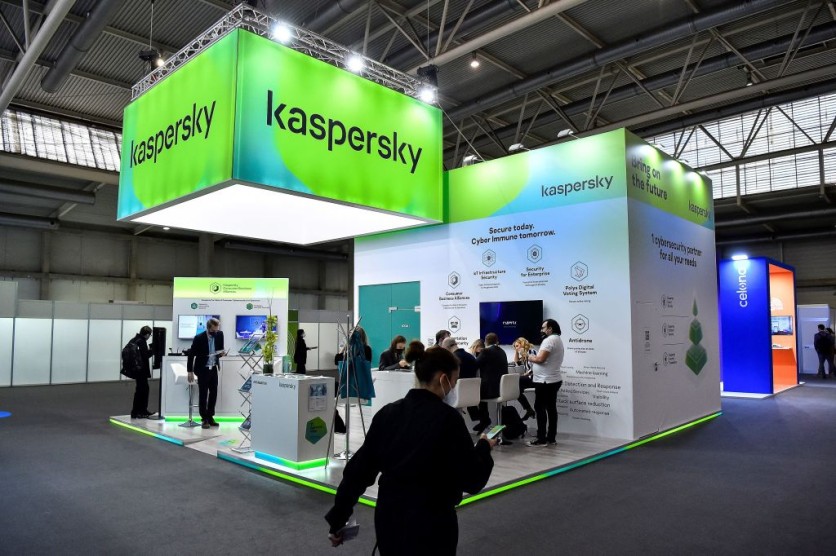The Biden administration will ban Kaspersky Lab's antivirus software in the US, according to a report.
Reuters published a news story on Thursday about the US government's move, citing a source, who obtained information from the tech firm's significant US clients, including critical infrastructure suppliers and state and local governments.
The source said that Kaspersky Lab's close links to the Russian government may allow it to steal sensitive data, implant malware, or withhold essential upgrades through its privileged access to computer systems. Two more sources say the new US constraint, which uses extensive powers established by the Trump administration, would put the Kaspersky on a trade restriction list.
The Impact of The Biden Admin's Ban on Kaspersky
This measure of the Biden administration may harm Kaspersky's reputation and global sales, though the details of the Kaspersky software sales ban remain undisclosed. The US Commerce Department, Kaspersky Lab, and Russian Embassy representatives declined to comment, per the report.
As its war in Ukraine continues, the US government is taking these steps to reduce the possibility of Russian cyberattacks on Kaspersky software and pressure Moscow. The Biden administration exercises a new authority to block or restrict transactions between US enterprises and "foreign adversaries," including Russia and China.
During his administration, former President Donald Trump attempted to prevent Americans from using TikTok and WeChat, but federal judges stopped him.
From September 29, Kaspersky software will be restricted from inbound sales, upgrades, resales, and licensing. Kaspersky will prohibit new US business for 30 days following the announcement to give firms time to discover alternatives.

Kaspersky Co-Founder Laments Over US Government's Sanctions
Last year, all government-issued mobile devices in Canada were forbidden from using Kaspersky's security software, PC Mag reported.
The Treasury Board of Canada Secretariat announced the decision after the Chief Information Officer (CIO) found that WeChat and Kaspersky represent an unacceptable danger to privacy and security. The CIO was concerned about these applications' data collection practices, which provide them access to the device's contents.
Kaspersky Lab, founded in Moscow in 1997, is a major antivirus software company that competes with McAfee and Symantec. High-profile cybersecurity researchers at the organization analyze hacking efforts by Russia, the US, and Israel and cybercriminal dangers to average users.
The company's co-founder, Eugene Kaspersky, has become the main target of some of the US officials' concerns. According to CNN, US politicians typically point to Kaspersky's KGB-sponsored university cryptography studies to link his company to the Russian government.
Kaspersky Lab has denied unethical government relationships, including with Russia, saying that Kaspersky's post-graduation software engineering job at the Russian Ministry of Defense was "the extent of his military experience."
Eugene Kaspersky laments that his firm fell victim to geopolitical tensions between the West and Russia, which have escalated since Russia invaded Ukraine in 2022.
Related Article : Japan Aims to Become Most AI-Friendly Nation, Countering EU Regulations


![Apple Watch Series 10 [GPS 42mm]](https://d.techtimes.com/en/full/453899/apple-watch-series-10-gps-42mm.jpg?w=184&h=103&f=9fb3c2ea2db928c663d1d2eadbcb3e52)


